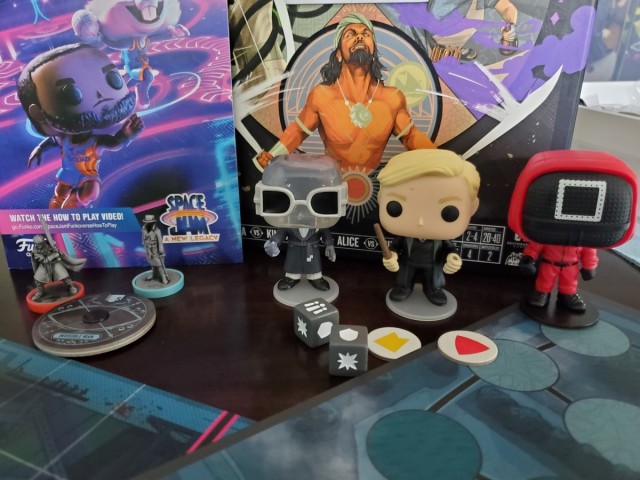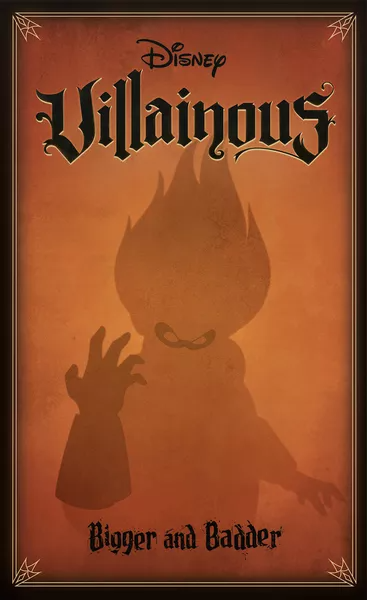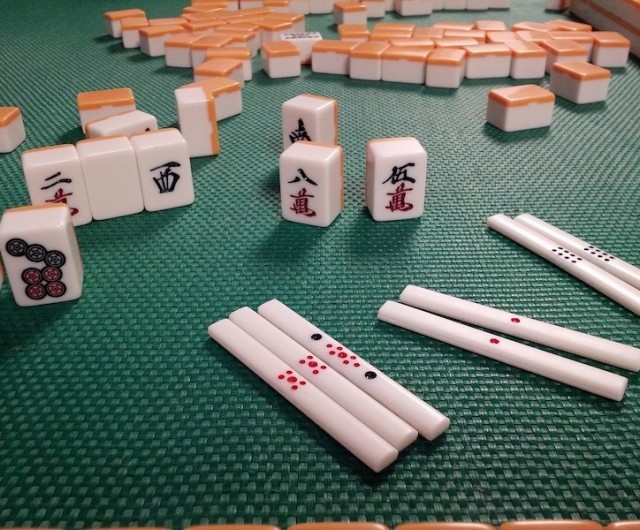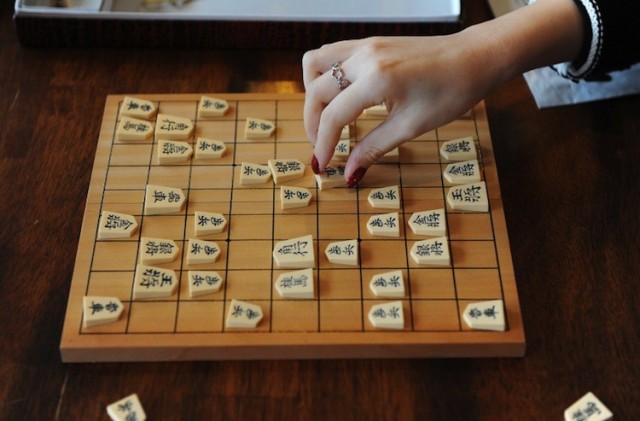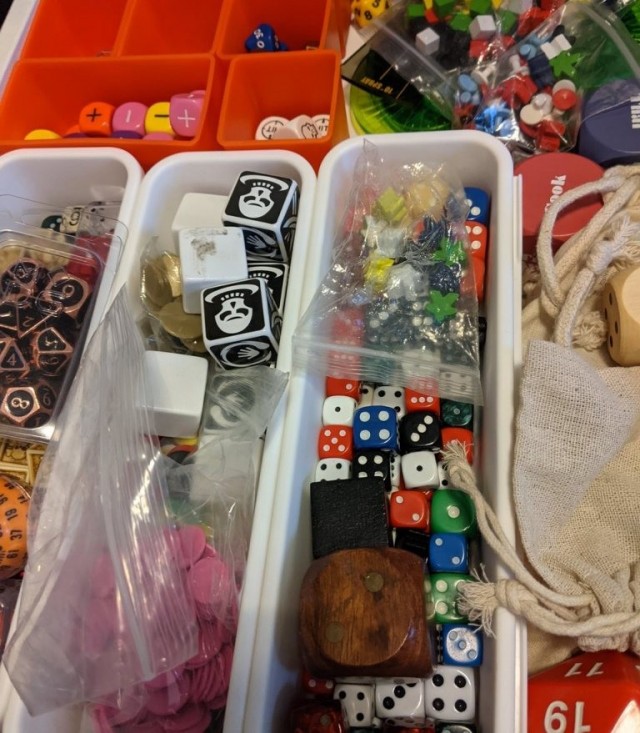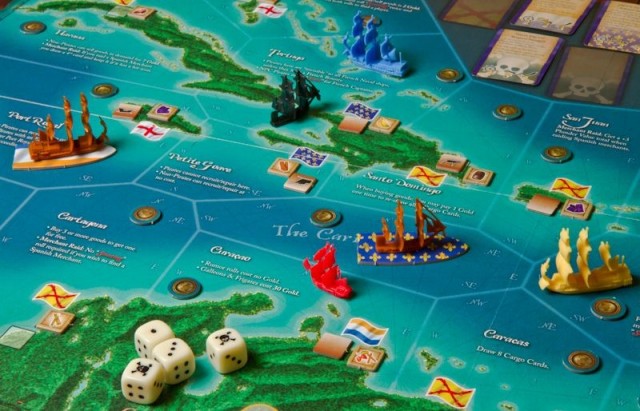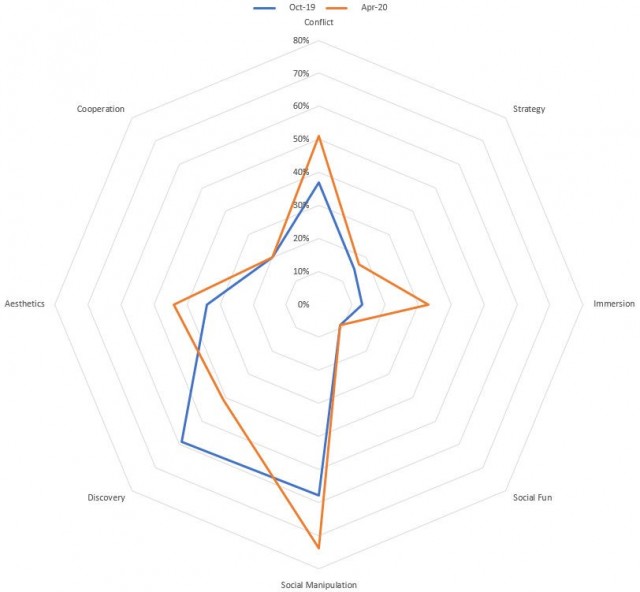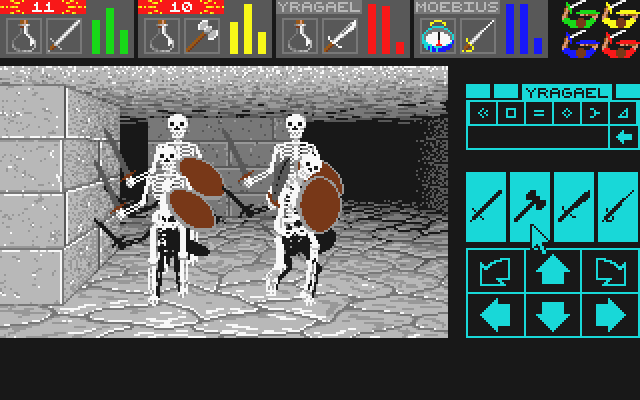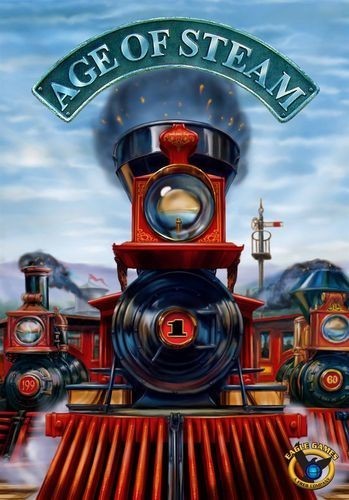In open, or perfect, information games, everything is there for everyone to see. Nothing is hidden. The whole state of the game is right there in front of you. Chess is probably the most famous perfect information game - and the most classic one. However, just because all the information about the game state is available to you, doesn't mean you actually know everything. In this article, I want to look at what information you need to work out for yourself in these games and what game experience that creates.
Let's look at co-operative games first. In these types of games, players can often openly discuss what they want to do next. That means there is even more information available to everyone. However, if literally everything is known and everyone can work together to play the game, then it seems pretty pointless. Yet, that's not true of course.
The simplest example I can think of are puzzles - literally puzzles, where you put interlocking pieces together to make a picture. Technically, these are perfect information games, in particular if the final image is shown on the box. All you need to do is find the right pieces and put them together in the right place. If you do this with someone else, you can even discuss everything. For example, you can say you found an edge piece or one with a specific feature.
You may argue that classic puzzles aren't games and ask for another example. Well, that's easy. Every single modern escape room type game is a co-operative, perfect information game. You need to work together to find clues and solve puzzles. Like with jigsaw puzzles, there is very little strategy involved in escape room games. It's really mostly about making a choice and reacting to the result, plus making connections to find solutions.
While jigsaw puzzles are often about relaxation and they often create an almost meditative effect, escape room games can be a bit more exciting and they definitely need you to be more alert and fresh, so that your brain is working at its best. Yet, what both have in common is that it's the players' wits pitted against the game. It's the game that presents new surprises and twists that you, as a team, have to deal with. You all win or lose together and you all share in the experience and the emotions when you get a step closer to the goal.
That's, of course, different in competitive, open information games. Now you're trying to win yourself and even though all information is still open, what you don't know is what all the other people around the table are thinking, what their next turn will bring or what strategy they're following. You have to try and infer this information or just forge ahead with your own strategy.
As a relatively simple example, just think of modern roll-and-write games. Most of these have open information and the only thing that is unknown is what the dice will show after the next roll. Yet, once they're rolled, it is open information, and often players share the dice results. So it is possible that all of you make the same choices. If that continued for every turn, it would make for a very boring game, but chances are that someone thinks they've spotted an opportunity, or they simply want to be different, and they make a different choice to everyone else. From then on, they're on their own, and chances are, other players will follow suit. Now it's really up to every player for themselves to make the most of the information that's available to everyone and make the best decisions.
There are also competitive, open information games where every player has a different starting position, different abilities or something else. In these asymmetric games, players will still have access to all the information as everyone else, but everyone is forced to make different decisions, because their player character or faction comes with a different strategy or requires different resources. Suddenly players are really pitted against each other, as they're trying to do something that benefits them or is to the disadvantage of another player - or both.
Even if there isn't direct player interaction, in the sense of blocking spaces, controlling area or some other direct impact, there is still plenty of influence players can have on each other, purely through the choices they make - and the order in which they make them. It can be subtle, but just as important as direct player interaction.
What all open information games have in common though is that they can be played remotely. As long as one person has the game and a video camera, people in different locations can often play these types of games without too much problem. Of course, it's not always easy, depending on game components, and it's always easier if there is an online version of the game where everyone can look at different things on their own screen, but open information games are definitely a good candidate for the sort of games you can play with people at different locations.
So I would like to know if you have played open information games before? What was your experience with them? Have you tried playing any of them remotely with friends? How did that go? Have you got any advice on playing remotely with others? Please share your experiences in the comments below.
 Games
Games How to resolve AdBlock issue?
How to resolve AdBlock issue? 